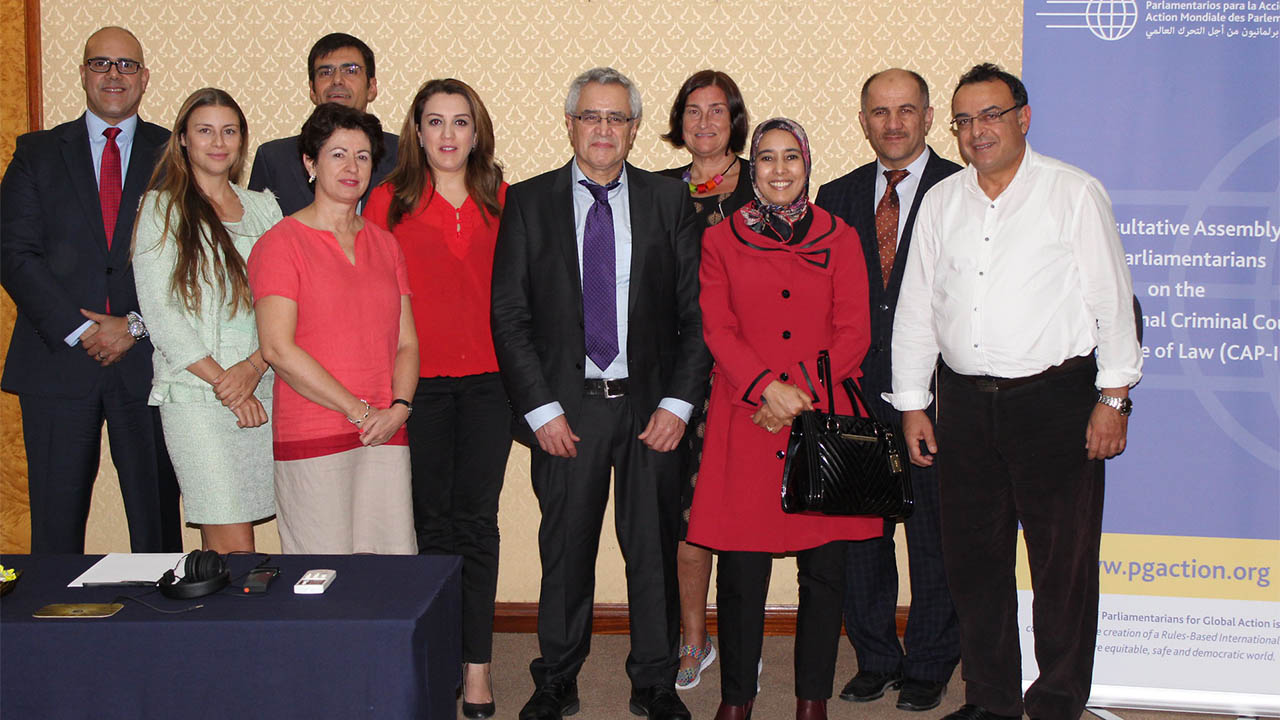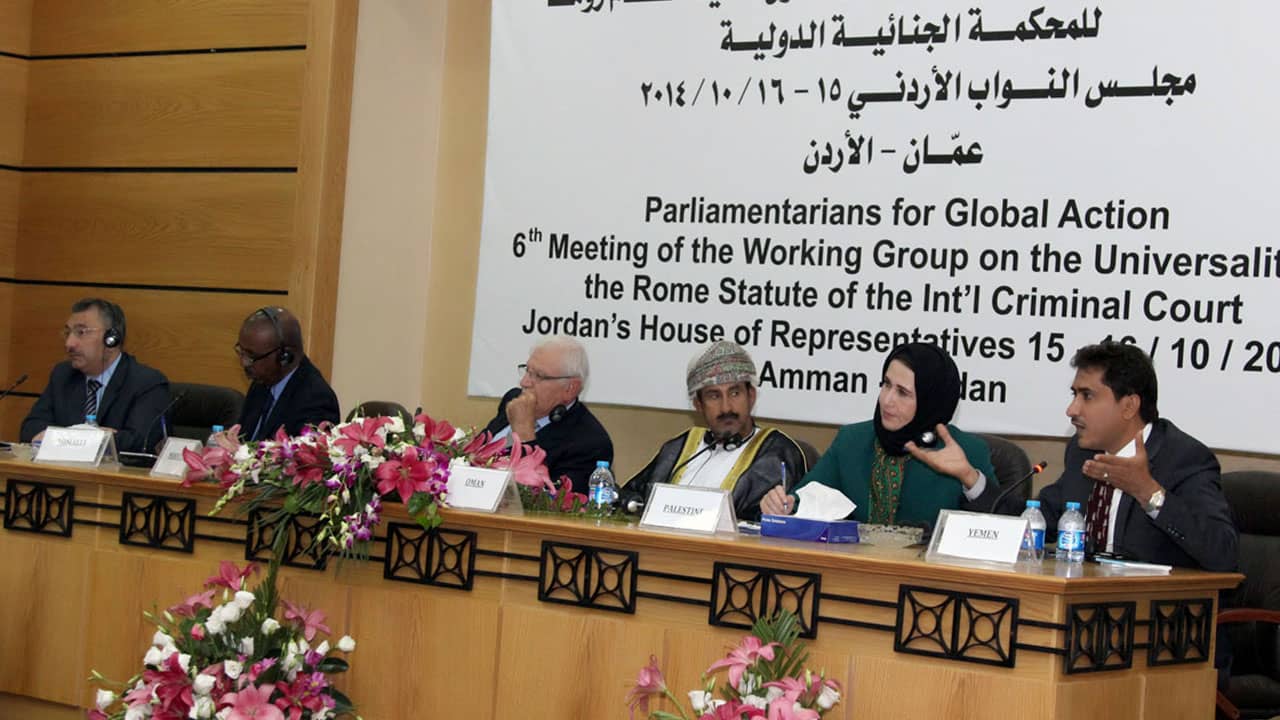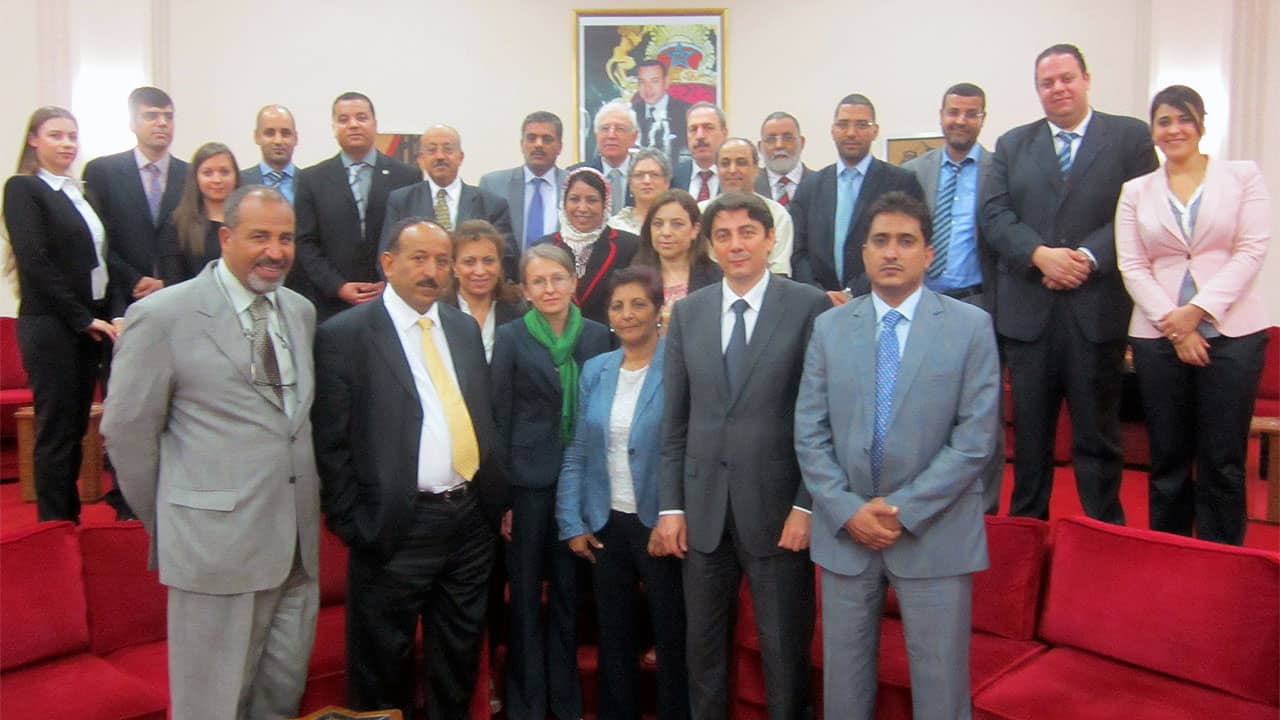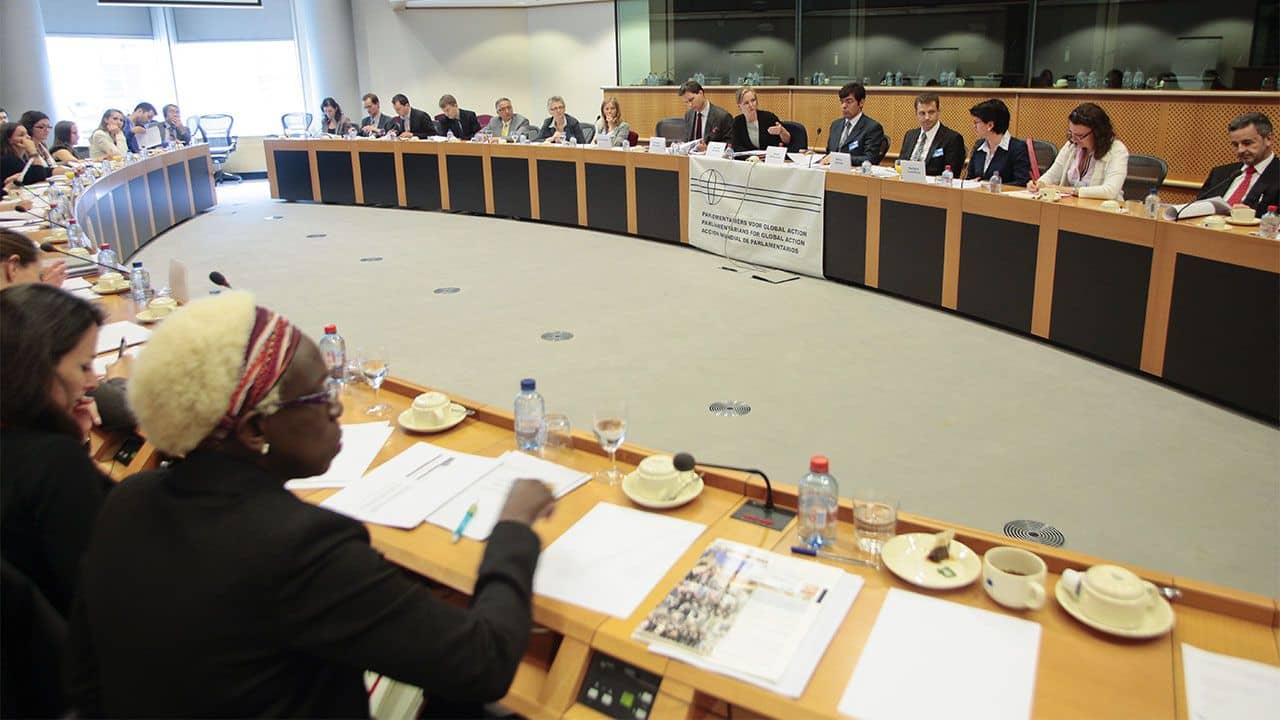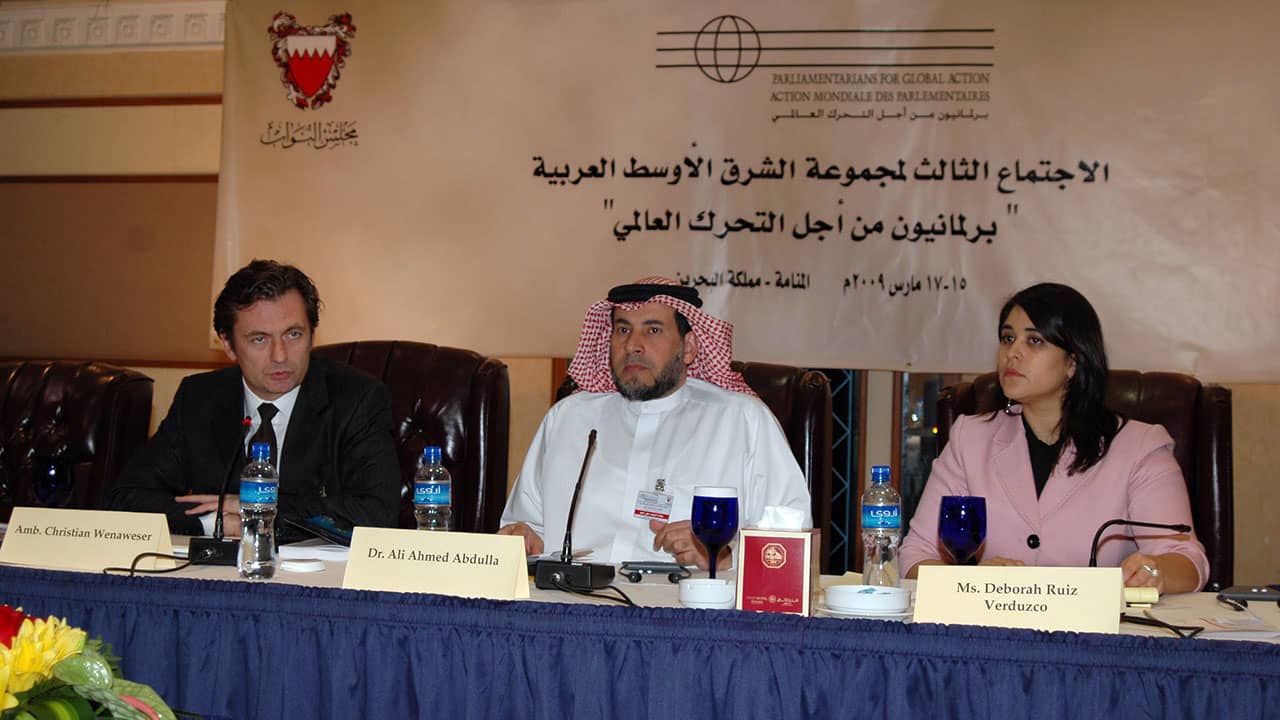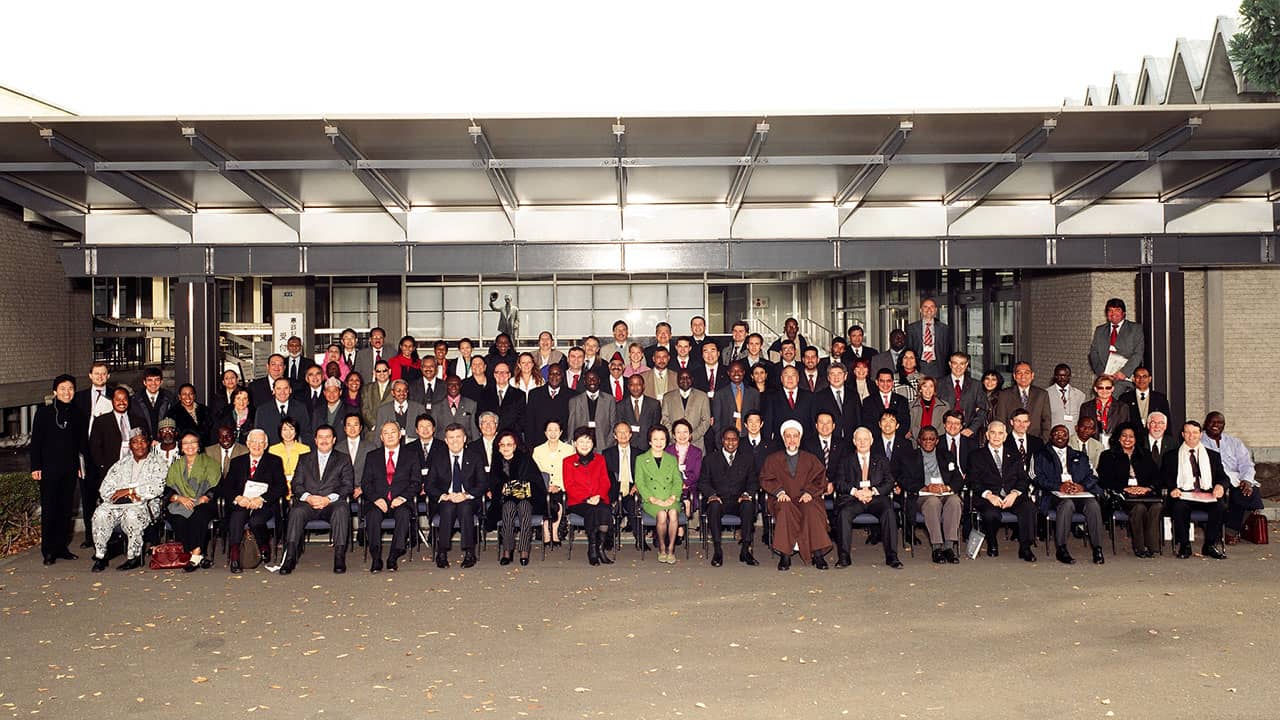Rome Statute
Egypt signed the Rome Statute on 26 December 2000.
Kampala amendments of 2010
Egypt has not ratified the Kampala Amendments.
Agreement on Privileges and Immunities
Egypt has not signed the Agreement on Privileges and Immunities.
additional agreeements
Egypt signed a Bilateral Non Surrender Agreement (BNSA) proposed by the USA on 26 February 2003 and 5 March 2003.
progress and pga action
In 2007, three Egyptian MPs participated in a Meeting in The Hague. Prticipating MPs remained open and committed with PGA to receive information on the developments concerning the ICC: to report to parliamentary groups on the results of the Hague meeting; to facilitate communications with appropriate governmental authorities; and as feasible, to host a further meeting on the ICC to be held in the Peoples Assembly with the assistance of PGA and the presence of a national international expert.
On 9-10 February, 2005 a Regional parliamentary conference on The Rule of Law and the Protection of Civilians, was held in Cairo, Egypt.
Additional Information
Last Universal Periodic Review (UPR) was held in October 2014 and Egypt received Rome Statute related recommendations from Chile and Brazil. Next UPR will be conducted in April 2019.





